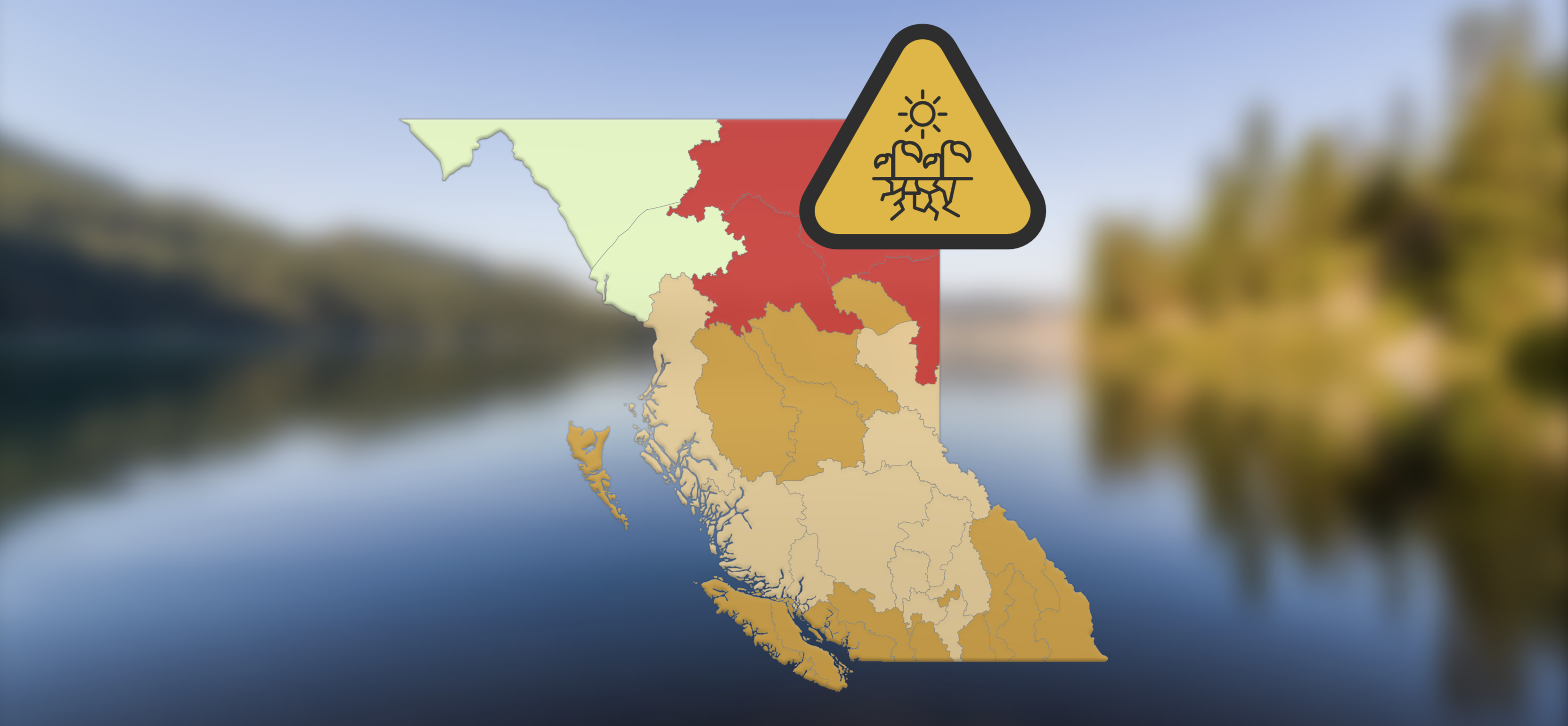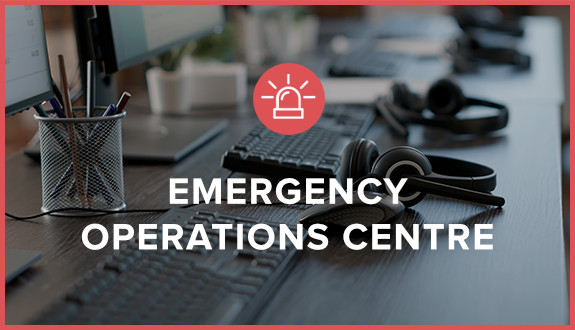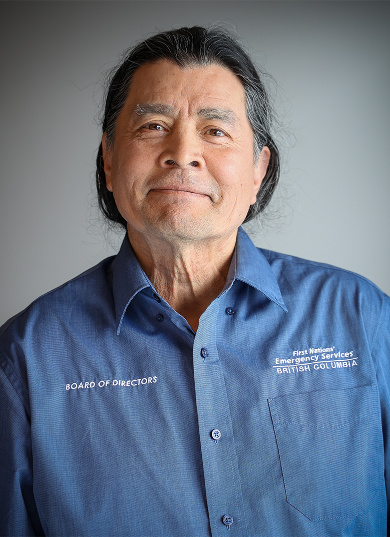
Current weather forecasts suggest that a majority of British Columbia will experience drought conditions this summer, regardless of recent rainfall in some regions.
In response, the B.C. Government has urged people and businesses across the province to conserve water. Water conservation is always important and everyone’s responsibility, especially during drought. People and businesses in affected areas should reduce water use wherever possible and obey all water restrictions in their community.
If conservation efforts are not successful and drought conditions worsen, temporary protections orders under the Water Sustainability Act may be issued to support drinking water for communities and to avoid harming ecosystems.
Whether your area is currently affected by drought or not, we encourage everyone to help conserve water. Here are ten tips we’ve gathered to help conservation efforts succeed in your community.
10 water conservation tips for home
Tip #1 Limit outdoor watering
Water flower beds, gardens, and lawns sparingly. Don’t know if you’ve watered enough? Put a clean, empty tuna can on your lawn while it’s being watered and once it’s full, it’s had enough water.
Tip #2 Water in the morning or evening
Your plants and lawn will receive more water when the sun is low in the sky. This is because water evaporates quickly during the day when it’s hot or windy.
Tip #3 Plant drought-tolerant vegetation
If you’re planning a new garden, consider plants and flowers that survive and thrive with little water. They also require less care and you don’t have to worry about them as much when you’re away or on vacation!
Tip #4 Take shorter showers
Showers should be less than five minutes long when trying to conserve water. You can also shut it off when you’re not using it like letting your shampoo or conditioner sit. Showers also use less water than baths so choose a shower over a bath when you can.
Tip #5 Fill it up
Run full loads of laundry and full loads in the dishwasher. Dishwashers are more water-efficient than washing by hand, but if you can’t wait until the dishwasher is full and need a few dishes cleaned, it’s best to wash them by hand.
Tip #6 Turn off the tap
It’s not usually necessary to leave the tap on during many everyday tasks. Remember to not leave the water running when you’re brushing your teeth, doing dishes, washing your face, or shaving.
Tip #7 Put it in the fridge
If you like cold water from the tap, fill up a jug and keep it in the fridge. You’ll no longer need to waste water by running the tap until the water is cold and it will save time as well.
Tip #8 Check plumbing
Water can be wasted by leaky toilets, sinks, and taps both inside and outside the home. Regularly check your home for leaks and consider installing water-efficient shower heads, taps, and toilets.
Tip #9 Mindful cleaning
Clean your driveway or patios with a broom instead of a hose. If you have a vehicle and like to keep it clean, it might not be necessary to wash it as often. If you do need to clean it, consider bringing it to a car wash instead of washing it at home because some car washes recycle water and are more water-efficient.
Tip #10 Recycle water
Use buckets or rain barrels to collect rainwater for plants, animals, or crops. Depending on where you live, you might be surprised to see how much water you can gather during a rainfall!
For information about water restrictions specific to your area, visit your First Nation’s website or follow them on social media if that’s where they share information. You can also find information on local government websites or on the interactive BC Drought Levels Map.
Drought Resources from the Government of British Columbia:
- BC Drought Levels Map (Interactive Map)
- Drought Information (Webpage)
- Water Conservation Tips (Webpage)








